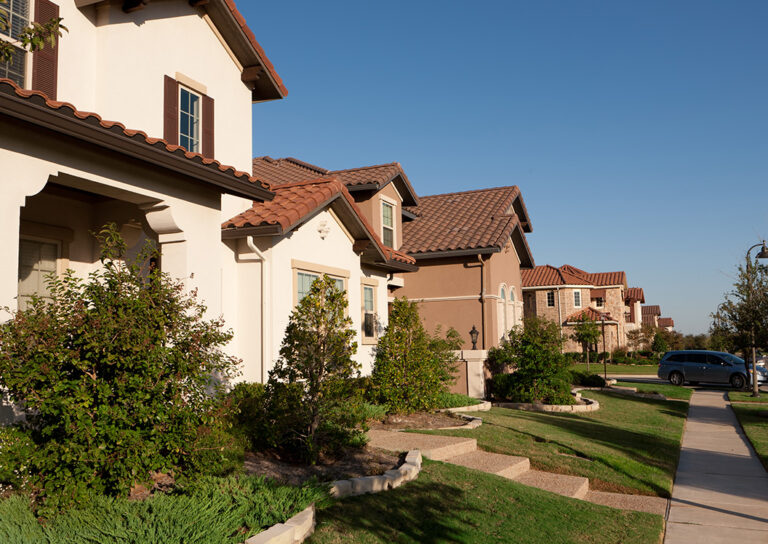The Dallas-Fort Worth housing market was relatively even last month.
According to the Dallas Morning News, home prices in the Dallas-Fort Worth area remained stable from June to July, unchanged from a year ago despite the interest rate hike.
Citing a report from North Texas Real Estate Information Systems and the Texas Real Estate Research Center at Texas A&M University, the newspaper reported that the median single-family home price in the area remained at $415,000 as of July. .
Prices are about $20,000 lower than last summer's peak and 1 percent lower than last July, but still significantly higher than they were in March 2020, before the pandemic-induced home price spike, the newspaper reported.
“Contrary to investor fears, the 'housing bubble' did not burst,” according to another Texas A&M report cited by the Dallas Morning News. leading to an increase in the median price of housing. ”
Despite mortgage rates more than doubling over the past two years, home prices in DFW have not experienced as much of a decline as expected due to factors such as population growth and high employment rates.
According to the report, there were 7,632 single-family home transactions in the region in July, down 6% from a year earlier, but this is considered a modest number considering declines of 20% to 30% in other regions. It will be done. On average, a home sold for 97.3% of list price after 39 days on the market.
Inventories remain tight, with only 2.6 months of inventory available in July, far below the roughly six months when buyers and sellers are considered balanced. Collin County had the highest median home price of the four major North Texas counties at $530,000.
It's unusual for existing homes in Dallas-Fort Worth to cost more than new homes, highlighting how much the market has changed since last year.
DFW's median new home price fell 6% from approximately $423,000 in June 2022 to $398,000 in June 2023. At the same time, prices for existing homes have increased 9% since the beginning of the year to a median price of $410,000 in June, the Dallas Morning News reported. The report cited research by housing consultant Residential Strategies.
This anomaly is caused by a lack of housing inventory. While high interest rates and economic uncertainty have put many potential buyers on hold, a lack of options has led to a surge in demand among people looking for new properties. Therefore, the imbalance between supply and demand is forcing sellers to raise prices, Ted Wilson, president of Residential Strategies, told the magazine.
— Ted Glanser

